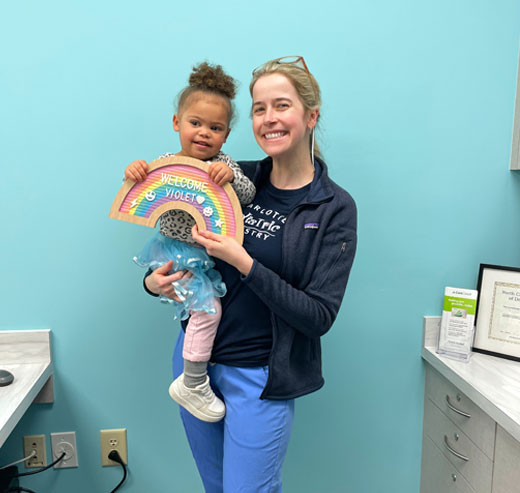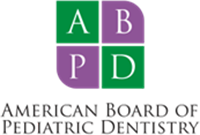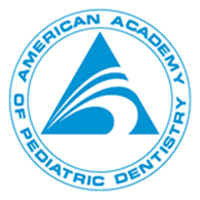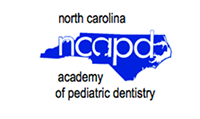If you had to guess the #1 chronic childhood illness affecting US children, would you guess tooth decay? Most parents wouldn’t, so you’re not alone if that wasn’t your guess.
There’s good news - tooth decay can be treated.
As parents, we have a lot to worry about when it comes to our children - grades, emotional health, relationships, extracurricular activities, helping with homework, etc. Though your child’s dental health needs to be a high priority, it doesn’t have to be a chore. Establishing a good dental care routine early in your child’s life will save them (and you) major problems in the future.
Start Young
Poor oral health and tooth decay are linked to more than just cavities. Studies show that tooth decay in children causes loss of sleep, mood swings, pain, problems hearing, speaking, and eating, and increased difficulty with schoolwork and learning.
We can’t stress the importance of early oral health care enough. Your child should start seeing a pediatric dentist within 6 months of the first tooth eruption. For example, if your child’s first tooth comes in at 4 months, you should take them to the dentist by 10 months.
Lead By Example
One of the best things you can do for your child’s oral health is to set the bar for a solid oral care routine. Young children are impressionable, hence the saying “monkey see, monkey do”. If your child witnesses the importance of dental health in your routine, they are more likely to participate and make it part of theirs. You can get creative and make it fun for them, too!
Floss, Floss, Floss!
Without floss, you only clean 30% of the tooth’s surface. You can floss your child’s teeth as soon as the teeth that have erupted touch together. This will prevent cavities from forming between the teeth. Flossing your child’s teeth before bed as part of a routine will not only prevent cavities, but will also help them incorporate flossing into their own routine as they are older and more independent.
Sharing Isn’t Always Caring
Bacteria from tooth decay is very contagious. Even if you have recently been given a clean bill of oral health from your dentist, it is best not to share food or drinks (or your toothbrush) with your little one. Doing so increases the risk of bacteria transfer from you to your child or vice versa.
Rinse Between Meals
Drinking fluoridated water between meals and snacks can help ward off cavities until you can brush in the evening. Though rinsing and drinking water is not a substitute for brushing, it can help keep cavities at bay by rinsing out food particles that would otherwise be settling into the teeth.
Limit Sugary Drinks & Snacks
If you give your child beverages other than water, it is best to limit consumption time in order to keep cavities away. Dilute sugary juices with water. Take away the cup after a reasonable amount of time. Only give sugary treats sparingly, such as on special occasions. Have your child rinse with water after consuming sugary foods and drinks.
Consider Sealants
Dental sealants are a safe preventative measure for teeth that are most susceptible to cavities. Again, sealants are not a substitute for proper brushing and flossing, but may help children who have had trouble with tooth decay and cavities, despite following a healthy oral care routine. Your pediatric dentist can evaluate your child and see if this route is suitable for them..
See Your Pediatric Dentist Regularly
Following a consistent dental care maintenance plan with your pediatric dentist will set your child up for oral health success. Pediatric dentists specialize in the specific dental needs of children, and focus on developmental health. See for yourself why visiting the pediatric dentist is just what your child needs for a happy, healthy future without cavities.









